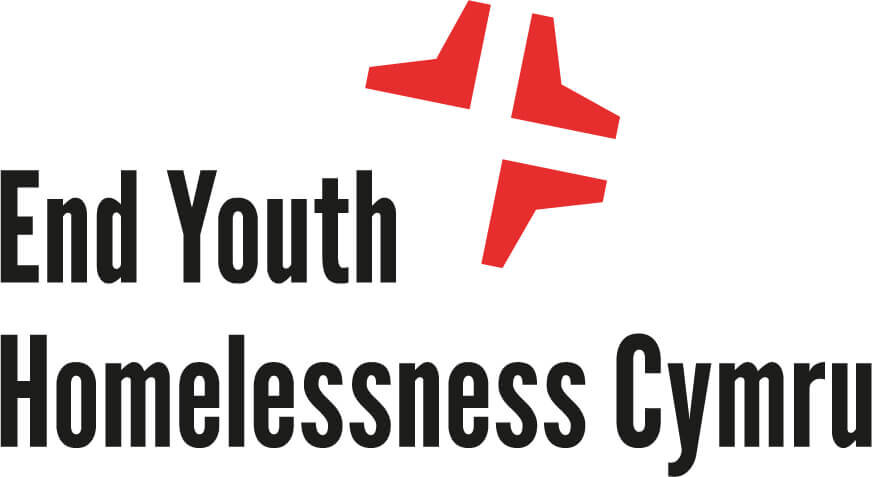Measuring the Impact of Youth Homelessness Prevention Through Construction Employment
At End Youth Homelessness Cymru (EYHC) we know we are never going to end a complex issue like youth homelessness unless we work together. When we wanted to explore how supported employment can prevent youth homelessness, we were excited to co-write a paper with Professor Martin Loosemore from the University of Technology Sydney. We can’t thank him enough for the effort he put in to help us develop more evidence on ending youth homelessness in Wales. Our paper won the David Langford Commemorative Award for international/social impact at the Association of Researchers in Construction Management (ARCOM) conference. The paper examined how an intermediate employment programme helped young people at risk of homelessness overcome barriers and access employment opportunities
The SYMF Programme
We know there are many great youth homelessness interventions in Wales and the SYMF programme is one of them. The SYMF programme provides wraparound education and employment support for young people who have experienced, or are at risk of homelessness. As part of the programme young people are given the opportunity to progress into a paid work placement in their chosen career pathway. This gives them the opportunity to gain some valuable work experience.
Why Construction?
The SYMF programme provides young people with opportunities in many sectors including retail, care and agriculture. For our paper we concentrated on the construction industry because employment requirements are a big part of social procurement initiatives in the construction industry. We want young people who are at risk of homelessness to be considered for training, work placement and employment opportunities as part of construction developments in Wales.
The construction industry in Wales does some great work already helping people facing barriers access opportunities including young people, homeless people, ex-military and people with convictions. The construction industry is special because if you are willing to work hard and learn new things the sky is the limit. The problem is we are not always measuring the impact of this great work. Sometimes when someone facing barriers is given an opportunity it can turn their life around but sometimes it doesn’t. How are we ever going to replicate successful activities if we are not measuring them?
Social Return on Investment (SROI)
We used the Social Return on Investment (SROI) methodology, this is a framework used to describe a story of change as a result of an intervention. SROI is a method that looks at the economic, social and environmental outcomes over a period of time. It has a strong focus on consulting stakeholders especially the beneficiaries of interventions. SROI uses money as a way of describing the value of the changes to stakeholders. But SROI is not about money, it is about the story of change for stakeholders and money is only used as a convenient way of describing value.
The Capabilities Empowerment Approach
The SROI methodology has been designed by practitioners and we thought if we strengthened it with theory, it could be a rigorous and useful way of measuring the impact of construction programmes. We underpinned our SROI study with Sen and Nussbaum’s capability empowerment approach to examine if young people had the chance to fulfil their full potential.
Our Findings
The wraparound support offered by the SYMF programme helped young people develop the necessary skills to flourish in their work placements in the construction industry. We found the capabilities empowerment approach was useful in describing the barriers young people at risk of homelessness needed to overcome to flourish in their construction placements. The capabilities empowerment approach provided a useful framework to evaluate the SYMF programme. It could be a useful way of measuring other social procurement programmes but other approaches might be needed for different types of initiatives.
The young people who completed the SYMF programme had the same dreams and aspirations of other young people. They did not have the same opportunities as other young people and had more barriers to overcome. The SYMF programme gave participants the opportunity to develop the skills needed to flourish in the construction industry. The paper ‘Designing Theoretically and Evidence Based Social Procurement Programmes in Construction: A Capability Empowerment Approach’ was presented at the ARCOM Conference in September 2021.
